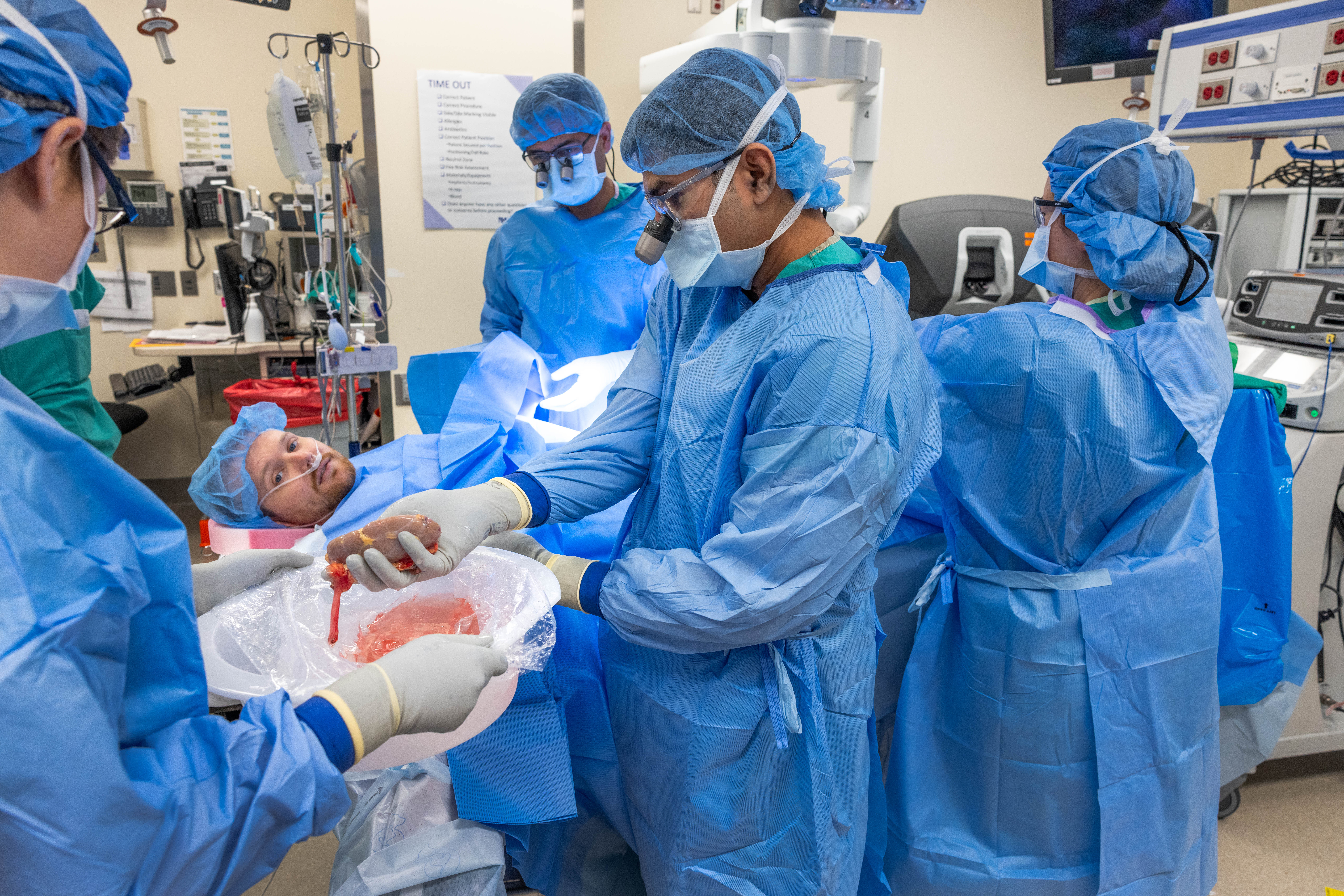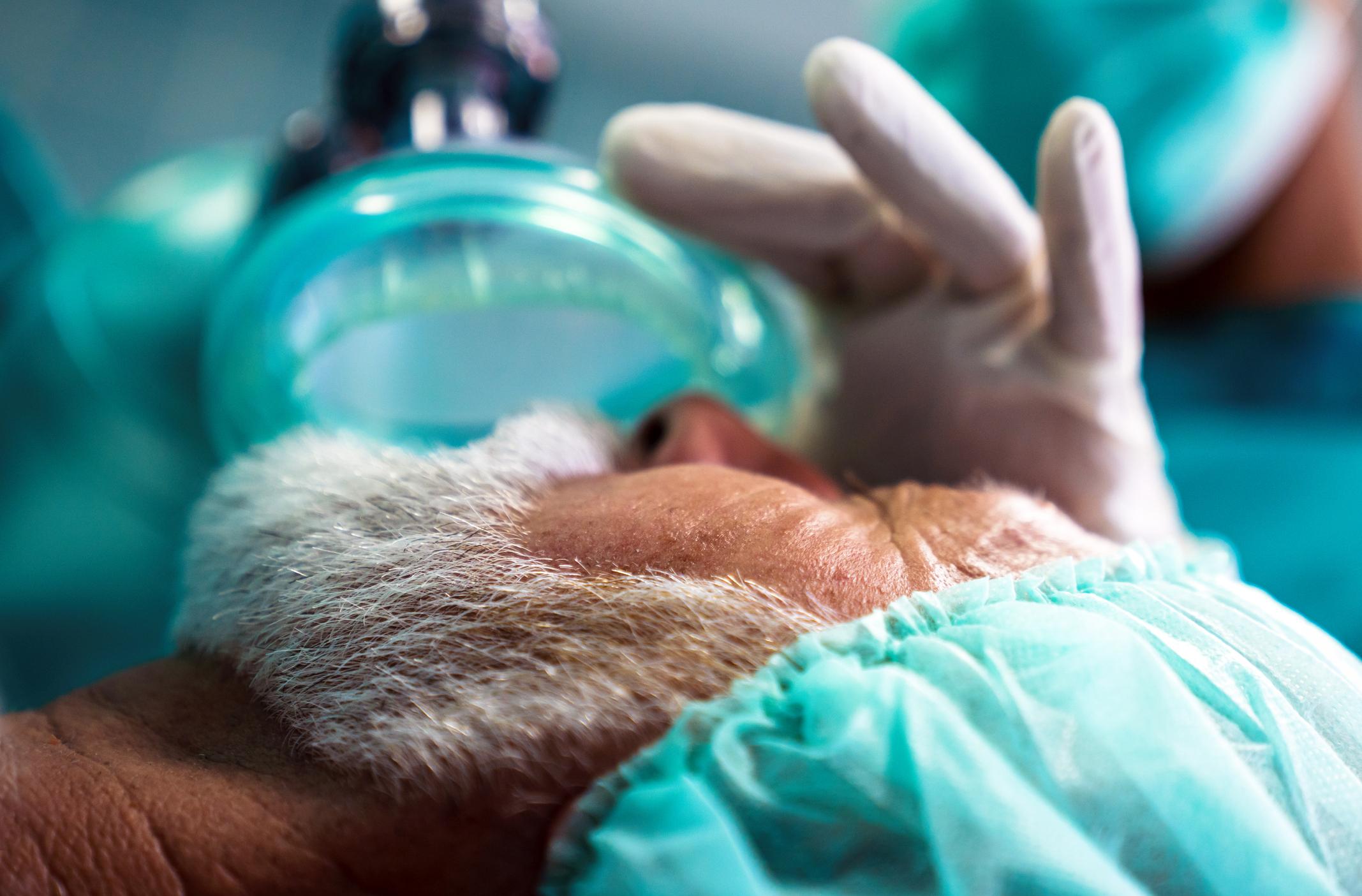Is the fear of anesthesia justified?
The fears are often due to a lack of information and to a confusion between the risk of anesthesia and that which is related to the surgical act. “Anesthesia is one of the most secure medical procedures, with verification processes very similar to those of aviation … However, zero risk does not exist”, underlines Professor Jean Mantz. Present throughout the operation, the anesthesiologist checks the proper functioning of functions such as ventilation, oxygen level, heartbeat, blood pressure, the depth of sleep and analgesia … Patients now wake up in the recovery room where they remain under surveillance for between a quarter of an hour and two or three hours. At the slightest incident or the slightest pain, the team is ready to intervene.
What is the pre-anesthesia consultation for?
This appointment is scheduled at least 48 hours before the operation, sometimes up to a month for certain operations that require preparation (EPO cure before placing a hip prosthesis for example). It is used to take stock of allergies, current treatments, and to plan any examinations: blood test, cardiological check-up, dental check-up (before major cardiac or orthopedic surgery due to the risk of infection) … L The anesthetist informs the patient about the possible risks and asks him for his “informed consent”. The opportunity to discuss the different options and get answers to all your questions.
When you have the choice, is it better to use local anesthesia?
Many operations can now be done under local anesthesia (dental extractions, small skin problems), or more often locoregional: orthopedic acts of the arms or legs, certain urological or belly interventions, removal of an inguinal hernia. .. This has several advantages: we breathe normally and we do not need a laryngeal mask or an intubation probe, the cardiovascular and respiratory risks are less important. We avoid the drowsiness, fatigue and nausea when you wake up and you recover faster. “Whenever possible, we offer it to the patient, who is free to refuse it. The psychology of each one is important, some prefer to sleep and not to “attend” their operation ”, notes Dr. Philippe Houssel.
Is general anesthesia dangerous after a certain age?
25 to 30% of anesthetized people are now over 65 years old. There is no longer an age limit for putting a patient to sleep, it is above all the state of health that counts, in particular cardiovascular. Upstream, you have to assess the risks and sometimes stop or replace certain drugs (antihypertensives, anti-coagulants, antiplatelet agents, treatment of diabetes …) In the elderly, the concentrations of anesthetics are calculated as accurately as possible to avoid the risk of overdose.
Read also :
– Childbirth: which anesthesia to choose?
– General anesthesia would increase the risk of dementia
– Hypnosis: recognized effects in anesthesia


















